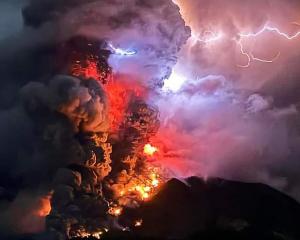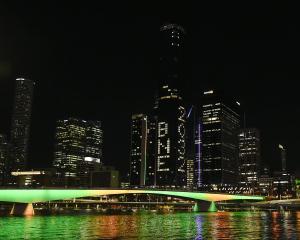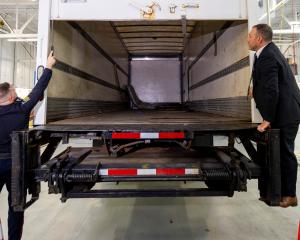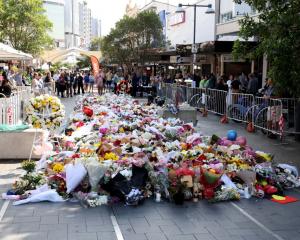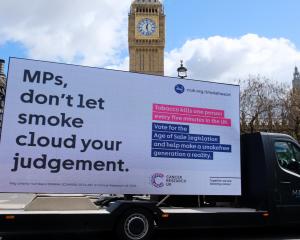Mohamed Merah, a Frenchman of Algerian origin, was to have been interred in a village in the North African country at the request of his father who lives there, but this was declined for security reasons, Abdallah Zekri, an adviser to the rector of the Grand Mosque of Paris, told Reuters earlier in the day.
A Reuters witness said the body of Merah, whose slaying of three soldiers, three Jewish children and a rabbi shocked France and intruded on a presidential election campaign, was buried in a cemetery on Toulouse's outskirts.
Toulouse Mayor Pierre Cohen had earlier asked to postpone the burial so that the French government could consider moving its location elsewhere, as he deemed it inappropriate to inter Merah in the southwestern city where the killings occurred.
"It seemed better to us to find another burial location," Cohen told reporters in Toulouse. "The minister I contacted reminded me of the law and as a result I have given permission for him to be buried tonight.
"This decision could disturb public order and goes against the efforts I've made to unite Toulouse's citizens since the start of these odious crimes that have plunged our city into mourning," Cohen said, adding he feared Merah would become a martyr.
Television images showed Merah's hearse arriving at the cemetery where he was buried in a section reserved for Muslims.
Nicole Yardeni, the regional head of Jewish umbrella group CRIF, said she hoped the authorities would do everything to ensure Merah's resting place did not become a pilgrimage site.
An Algerian government source confirmed earlier that the country had refused to admit Merah's body for burial in his home village of Bezzaz, as requested by the gunman's father.
"Algeria has nothing to do with this case, and we do not understand why some circles in France are trying to involve us in it. This is why we took the decision to not admit the body for now in Algeria," said the source, who asked not to be identified. "This is a temporary decision."
Merah, 23, a self-styled Islamist radical, confessed during the stand-off with police ringing his home to having shot his seven victims at point-blank range in three separate attacks, weeks before a French presidential election.
His father has lashed out at French authorities for killing his son rather than arresting him and putting him on trial, and says he wants to sue the French government.
Merah's lawyer, Zahia Mokhtari, said the gunman's father wept when he heard his son's body would be barred from Algerian soil.
"He had wanted him to have a burial ceremony according to his religion and to rest in his family's place of origin," she said. "When he heard, he was surprised and he cried very hard."
Contacted by Reuters earlier on Thursday, Merah's father wept on the phone but declined to comment as he felt the media furore surrounding his burial request had complicated matters.
Prosecutors in France are investigating Merah's elder brother, Abdelkader, for possible complicity in the killings.
Police are still looking at other leads linked to Merah, including the possibility of more accomplices.
Prime Minister Francois Fillon told France Inter radio on Thursday that intelligence services stopped tapping Merah and his family's phones in November 2011 after eight months because nothing had come of it and continuing the surveillance would have infringed on civil liberties.

